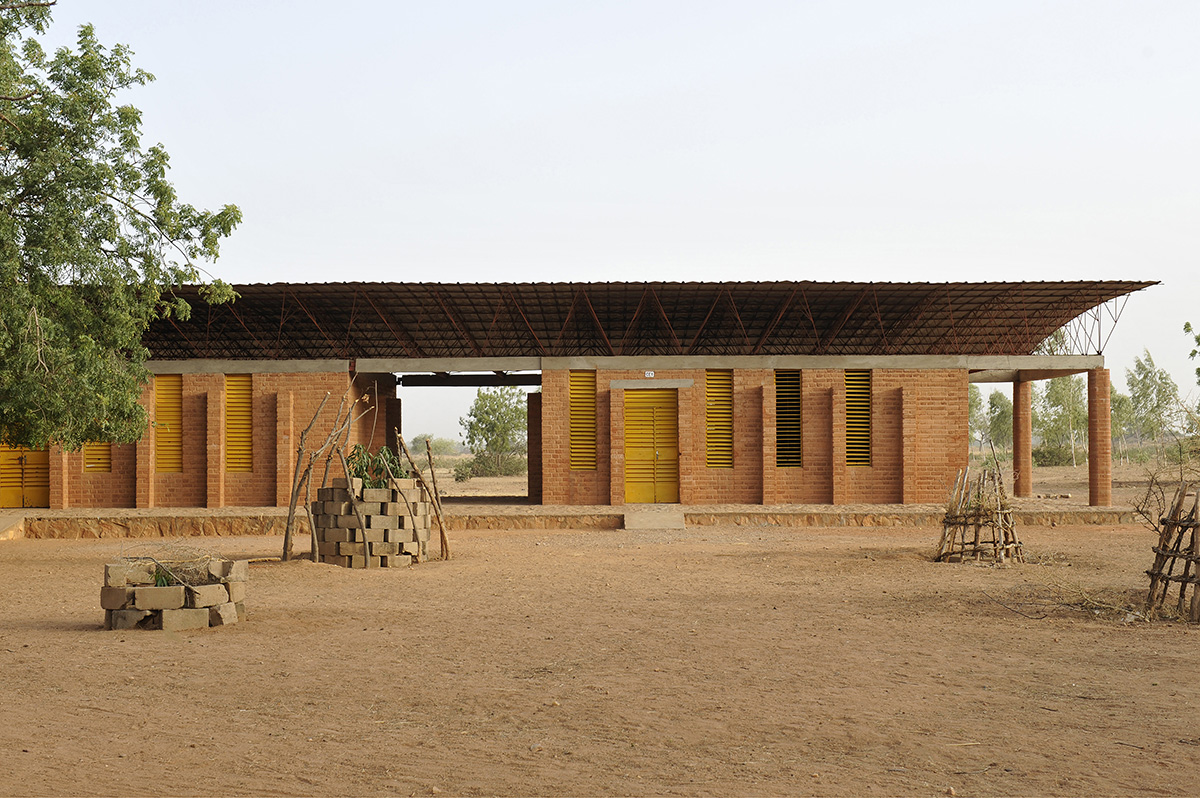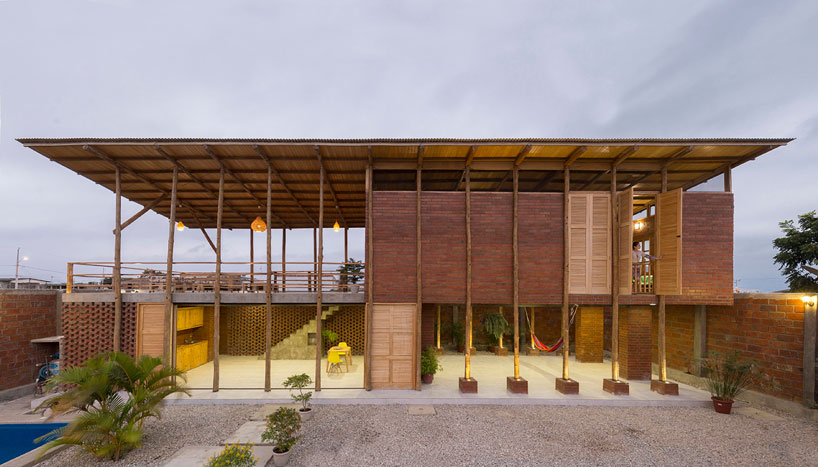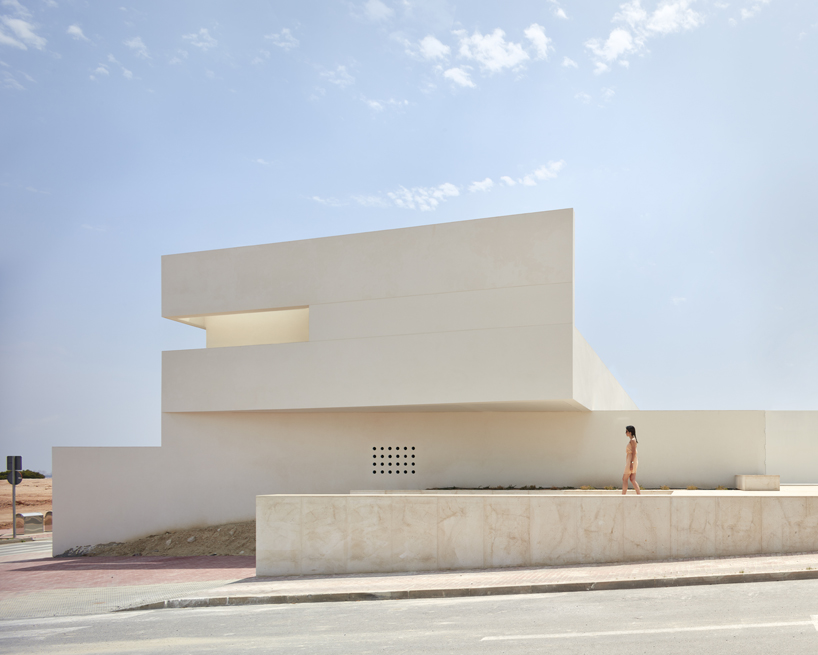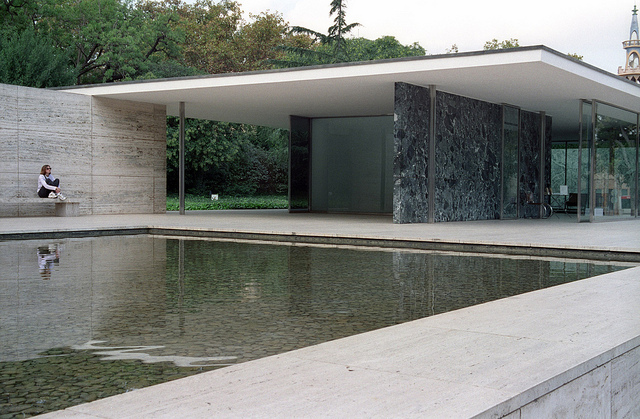ARCHITECTURE
Shaping the space around us
VERNACULAR



FLUID



MINIMALIST



Vernacular architecture can be defined as a type of local or regional
construction, using traditional materials and resources from the area
where the building is located. Consequently, this architecture is
closely related to its context and is aware of the specific geographic
features and cultural aspects of its surroundings, being strongly
influenced by them. For this reason, they are unique to different
places in the world, becoming even a means of reaffirming an identity.
Find out more +
Fluid in architecture refers to seamlessness where there is a movement
within the space without any obstruction. It gives a feeling of being
in motion while being in a solid, closed matter. It encompasses
factors such as curves, flow, dynamic nature, and flexibility. The
dynamic nature of fluidity in architecture ensures new and creative
ideas aiming to bring a change in the world.
Take a look +
Minimalist architecture, like other aspects of minimalist design, aims
to reduce as much visual clutter and noise as possible, stripping a
structure down to the bare minimum. This style focuses on structure,
light, materials, and space. It glorifies the essential structural
elements of a building, drawing attention to its simplest form.
Structures almost entirely lack ornamental features, making the
structure itself the focal point.
Read here +